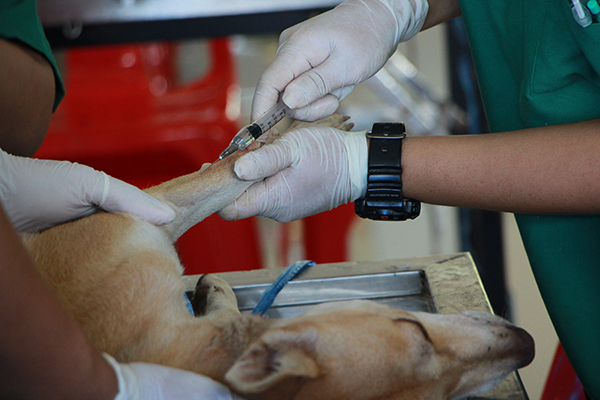Mental Health of Nurses

Protecting the Mental Health of Nurses
Lucy Lynnster

Hazardous Lifestyle Take a Toll on Nurses’ Mental Health
Around the world, a shortage of nurses is a growing concern in healthcare, but nowhere is this more prevalent than in Australia where a predicted need for over 109,000 nurses by 2025 is already concerning those in the field. Nurses live a stressful life and one that is often imbalanced and sometimes unhealthy.
Maintaining a healthy lifestyle is difficult, nurses face on-the-job struggles that are not found in any other occupation and often organising this is difficult. The real struggle often lies in keeping mental health in good condition because juggling everything thrown at a nurse can be demanding.
Hazardous Lifestyle Take a Toll on Nurses’ Mental Health


How to Protect Your Health as a Nurse
There exists a wide range of ways that nurses can take care of their mental health. The most important is a work-life balance. Remaining in hazardous conditions for too long can take its toll. Often nurses may feel that they have one duty in life, the patient, but nurses are humans too and deserve to have other interests in life as well as a strong social life in order to leave the workplace mentality behind. Leaving the workplace for some self-time is a good idea to promote better mental health.
Sleep is also a big factor in maintaining a healthy balance in life. Over 46% of nurses end up sleep deprived due to their erratic and demanding schedules.
Prioritising sleep and reducing night shifts can help ensure well rested and healthier nurses. Exercise is likewise a big contributor to a person’s general well-being and nurses may often feel they do not get that chance because of their job demands. Nurses need to take time for themselves in order to cope with their stressful jobs and maintain this necessary balance. Work shift fatigue is real and does not contribute to better quality healthcare, in fact, it harms it. Nurses are known as some of the hardest workers in the medical field, but that does not mean that they have to feel alone in their plight because there is help available.
Creating and continuing healthy habits through prioritising sleep, exercise, and reducing time in the workplace when it gets to be too much, will allow nurses, and all other professionals, to have a better sense of self, work, and life in general. Taking the right steps towards better mental help is the first step in this process.

